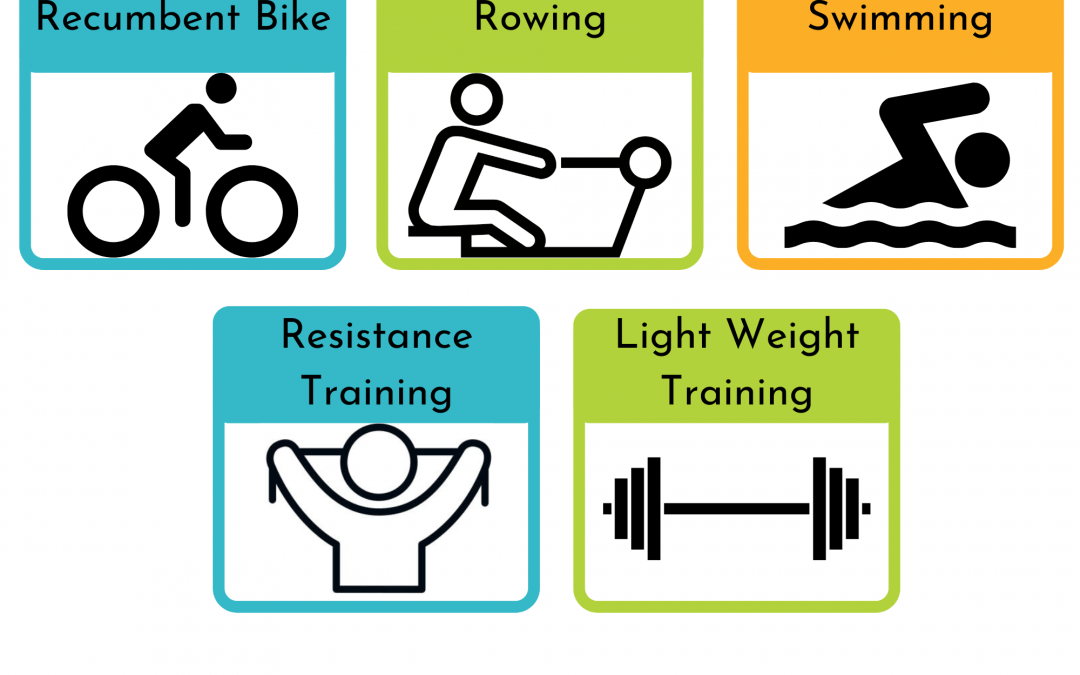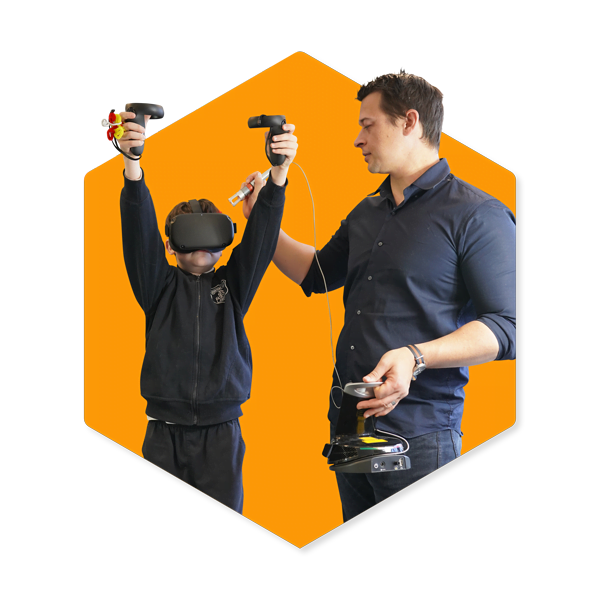Recent research has shown that there is a link between people with anxiety disorders and peripheral vestibular dysfunction. Anxiety is a mental disorder that can cause an individual to feel excess worry, tension and uneasiness throughout their day. Anxiety can present itself even when there is no immediate danger and can last for prolonged periods of time. Peripheral vestibular dysfunction (PVD) is an imbalance of the inner ear that can cause an array of disorders.
The most common PVD is Benign paroxysmal positional vertigo (BPPV). BPPV occurs when tiny calcium crystals located in the inner ear move to another part of the ear where they aren’t supposed to be. This causes the vestibular system to become confused and send messages to the brain, leading it to believe the body is in motion.
Videonystagmography (VNG) is a test utilised as part of a comprehensive evaluation of the vestibular system in the inner ear which is responsible for balance. The VNG test requires video goggles to measure a specific involuntary eye movement called nystagmus where the eyes move side to side, up and down or both. Nystagmus may be rapid or slow, steady or jerky and these characteristics provide us with valuable information to help determine the cause of a balance or inner ear condition.
There are two tests to differentiate which ear canal the crystals are dislodged in. There are two manoeuvres which reposition the dislodged crystals in your ears, one called the epley manoeuvre which is the most common for the posterior ear canal and the BBQ roll which is the manoeuvre performed for the horizontal canal.
Perform the above listed manoeuvres suited to your condition based on the results of the testing. Typically there is a substantial improvement after one visit, some cases will require 2-3 follow up sessions to completely settle the BPPV.
Occasionally BPPV can have a lasting impact on your sense of balance, in these cases we offer vestibular rehab and balance training to help you feel normal again.

